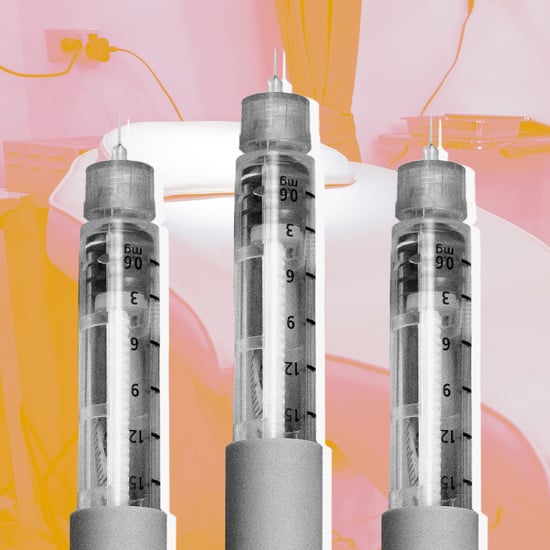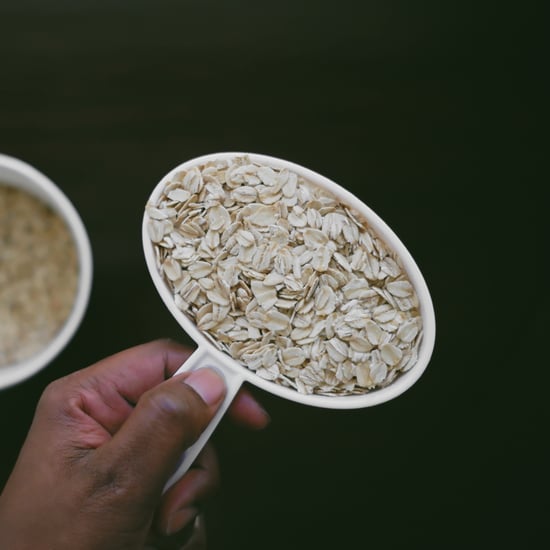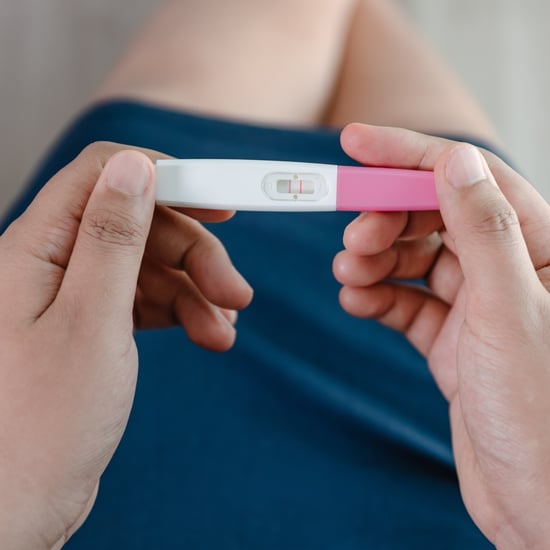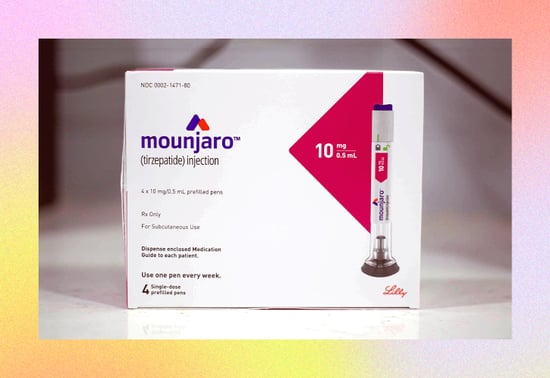What Does Low-Carb Mean?
2 Experts Say This Is Actually How Many Carbs You Should Be Eating a Day on a Low-Carb Diet

When it comes to diets, the saying, "Everything old is new again" holds true. One particular way of eating that has made a comeback over the past few years is the low-carb diet. The Atkins Diet and keto diet are two popular low-carb diets, but have you ever wondered what low-carb actually means?
If you're following the keto diet, experts recommend 5 to 10 percent of your daily caloric intake come from carbs. This would be 22.5 to 45 grams of carbs for someone who needs 1,800 calories a day. If you're following the Atkins diet, you should have 20 grams of carbs per day in phase one, and this number will increase slightly as you progress through the phases. Confusing, right?
What Carbs Are and Why They're Important
Before we get any further, we're going to give you a carbs crash course. Carbohydrates are one of three macronutrients — fat and protein are the other two — and are your body's first source of energy. If you're going to your favorite fitness class, carbs are what power you through your workout. You should also know that carbs are commonly found in the form of sugars, fibers, and starches. According to the Harvard School of Public Health, the best carbs to eat are minimally processed whole grains, vegetables, fruits, and beans.
How Many Carbs You Should Eat Each Day
The Dietary Guidelines for Americans recommend getting 45 to 65 percent of your daily caloric intake from carbohydrates. Let's say you need 1,850 calories per day — this means that you should consume approximately 208 to 301 grams of carbohydrates each day. If you've opted to follow a low-carb diet (always speak to your doctor first!), you'll need to eat fewer calories.
"There is no one universally used definition of low-carb; however, I generally think of less than 40 percent of daily calories as being low-carb," Hailey Crean, MS, RD, CDE, and Certified Specialist in Obesity and Weight Management, told POPSUGAR. For example, a person who needs 1,800 calories a day should consume no more than 180 grams (or 720 calories) from carbs to be considered a low-carb diet based on Hailey's recommendation. In her practice, Hailey calculates carb goals based on variables like the client's weight, activity level, goals, and age.
"I generally don't recommend going lower than 35 to 40 percent of total calories from carbs and typically stay closer to 40 to 45 percent in my recommendations," Hailey said. She also doesn't advise consuming less than 35 percent of your daily caloric intake from carbs because "carbohydrates are still the primary source of fuel for our bodies and specifically our brains."
Kerry Clifford, MS, RD, LDN, and dietitian for Fresh Time Farmer's Market, agreed that there isn't a universal amount of carbs people should consume when following a low-carb diet. It's "really individual," she told POPSUGAR.
"Most Americans are overeating carbohydrates and missing out on the healthy fats, which help us absorb vitamins and stay full and satisfied," Kerry went on to explain. If you're on a low-carb diet, Kerry said 100 grams of carbs a day "might be right for some people," and recommended working with a registered dietitian to figure out your complete macronutrient profile (carbohydrates, fat, and protein).
If you're still debating between going low-carb or not, Kerry said, "Most people could benefit from limiting processed carbohydrates (aka simple carbs) like sugar-sweetened beverages, juices, breads, and pastas." Instead, she recommends consuming complex carbs like sweet potatoes, beans, and whole grains because they have high amounts of fiber, which can help keep you fuller longer.
Going low-carb will look different for everyone, which is why we highly recommend you speak to an expert to figure out an optimal number of carbs for your needs. Before making any changes to your diet, be sure to consult a specialist such as a registered dietitian.










